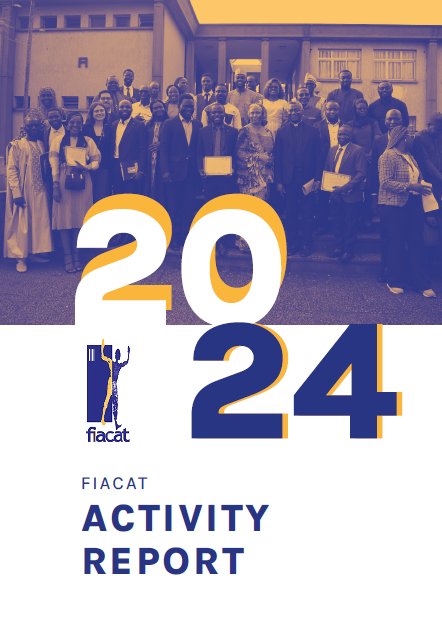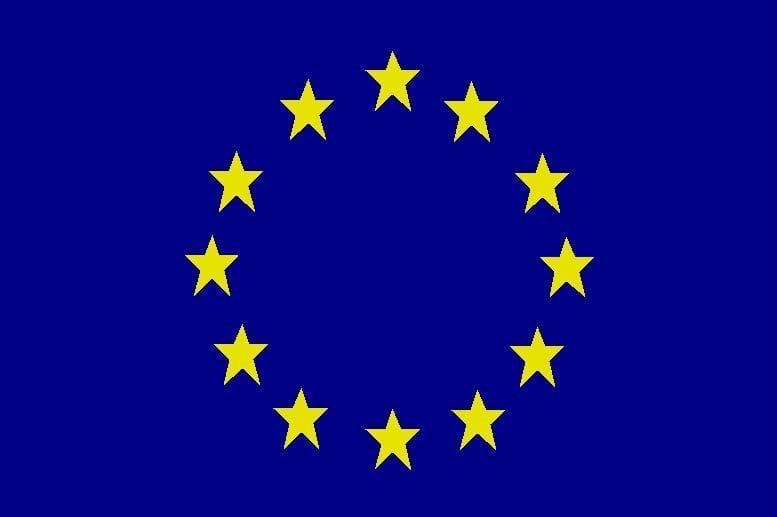On 20 June 2016, the European Council adopted the Annual Report on Human Rights and Democracy in the World in 2015.
This report is of interest not only to member states, but also to the whole international community which has had to face numerous challenges over this year. The report states the policy of the European Union (EU) on human rights, democracy and development in the face of the crises and conflicts which have arisen in 2015. The EU also noted the efforts made to spread the human rights message through its external policy, particularly in the fields of trade and development.
This report highlighted the importance of cooperation with civil society in the context of the fight against torture, in particular the formation of human rights focal points for EU and member state delegations, ensured jointly by the European External Action Service and anti -torture NGOs.
Finally, the report highlighted FIACAT's initiative which organised, on 19 November 2015, under the auspices of the United Nations Committee Against Torture, a workshop bringing together UN, EU and civil society bodies to share their respective experiences and strengthen synergies for initiatives between them in the fight against torture.
This private session, which took place during the 56th session of the CAT, was an opportunity for the participants and speakers to exchange best practices with each other on the fight against torture.
After a presentation on the European External Action Service by representatives of the European Commission and local practices in civil society by the President of ACAT Côte d’Ivoire, the discussions continued on how to guarantee better monitoring of the CAT's recommendations. This session improved the participants’ understanding of the EU decision -making process, the tools for the fight against torture and supporting local initiatives. The workshop was another opportunity to take part in the monitoring activities of civil society organisations, at national, regional and international level on the subject of monitoring treaty -body recommendations.
Sharing the initiatives and experiences of the different participants demonstrated the need to better coordinate the activities of each and to take on the fight against torture as a whole to guarantee greater effectiveness. FIACAT calls on international and regional institutions, on States and civil society organisations to maintain constant links with each other to abolish torture throughout the world, because today, it is not possible to imagine working without greater coordination for improved effectiveness.
Press contact:
- Lionel Grassy: l.grassy@fiacat.org +32 470 92 85 10




